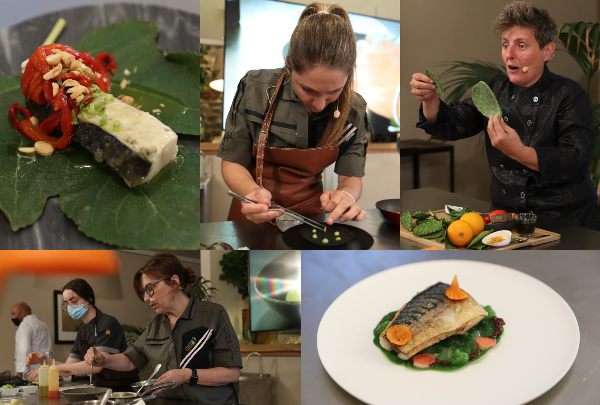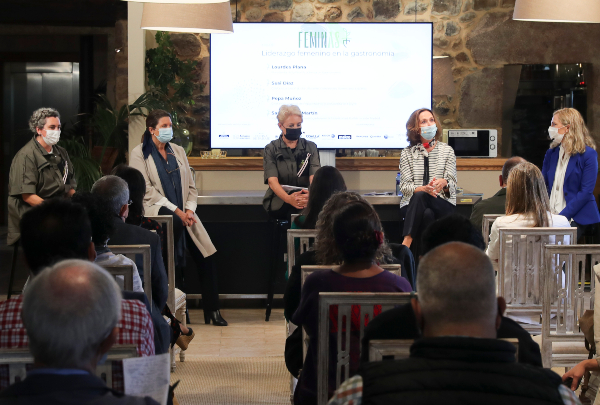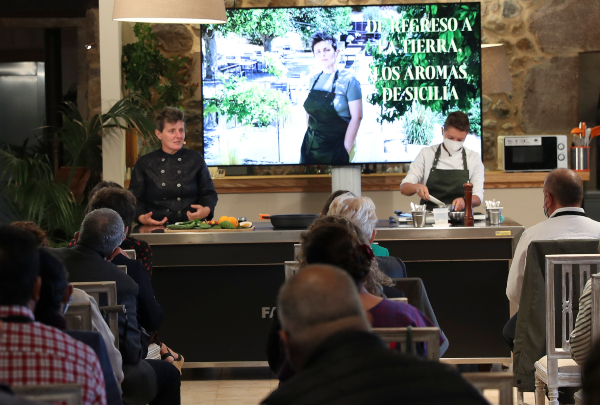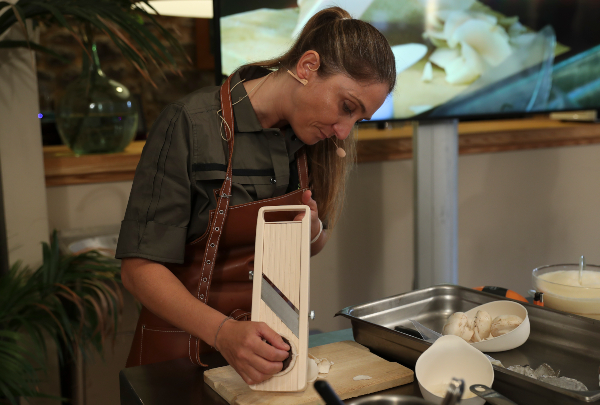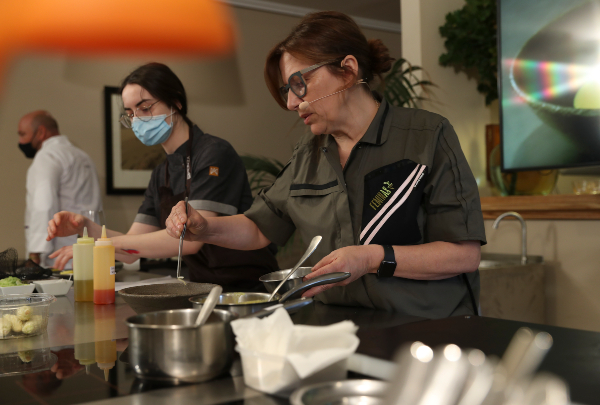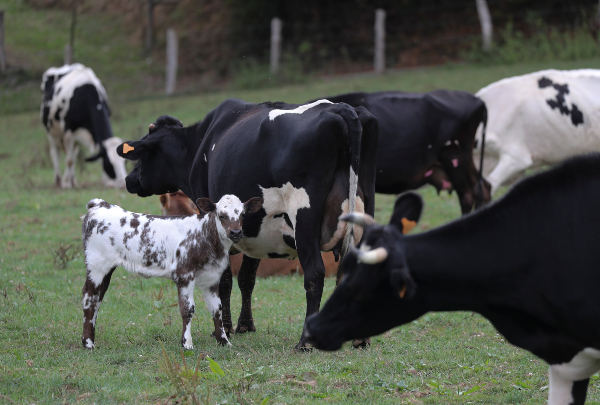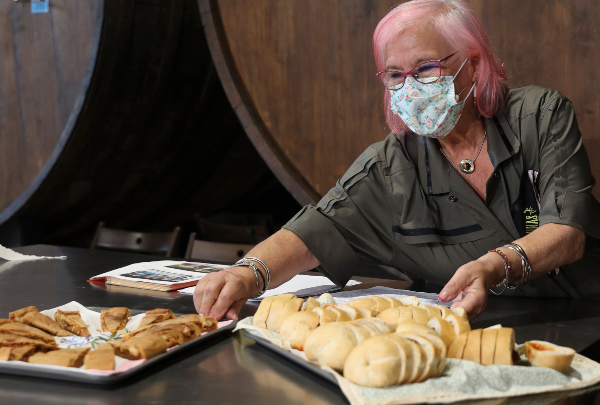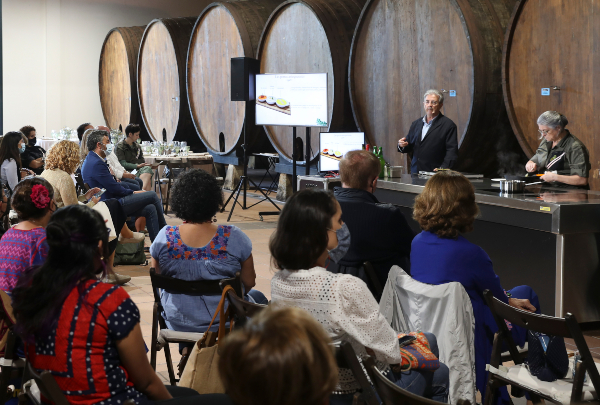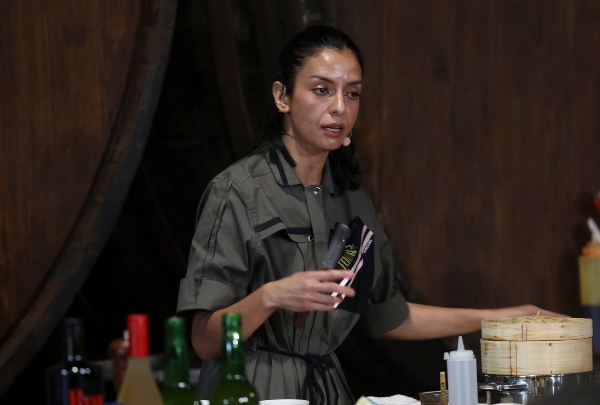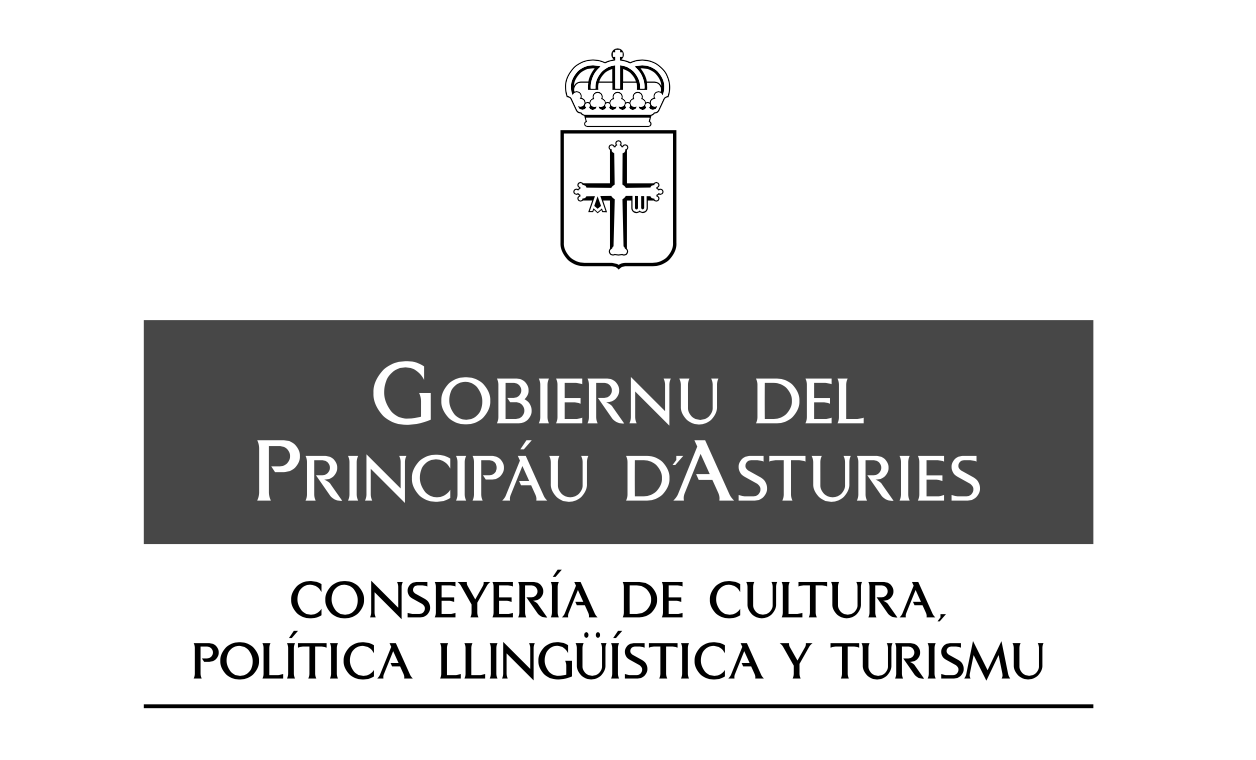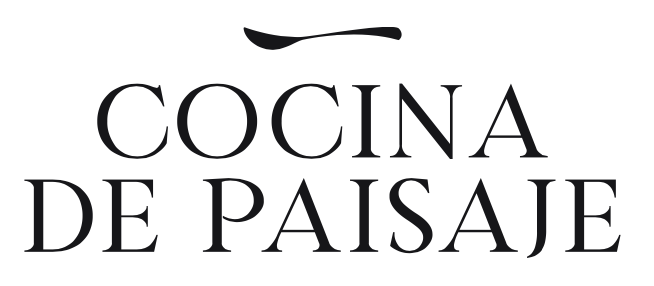News
Latin America, a women's world
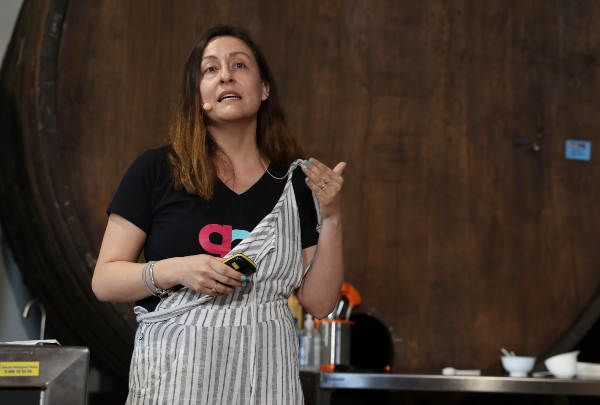
Pamela Villagra, gastronomy journalist and founder of Gastromujeres Colombia, takes the stage at FéminAs to point out the importance of the female presence in Latin America and how to implement discourse and courses of action to bridge today's gender gap.
Gastronomy constitutes an enormous universe with a huge impact on society, making it a useful weapon of transformation. And if the role of women has been relevant in various disciplines, gastronomy has not been an exception, although, as in other areas, it has mostly been concealed behind a male figure. “We have to talk about the gender gap fearlessly, and realise that when we put women into gastronomy we do it in a negative sense, always as part of a struggle to stake a claim. I think our words should be positive, how useful we are, we should talk about talent, about what men and women contribute to society in general, but we can't fail to realise that women suffer from discrimination", says Pamela Villagra.
The journalist adds that this is the only discrimination not represented by a minority, because 51% of the world's population are women. According to Villagra, most discrimination emerges in rural environments, which account for 20% of Latin America. And, paradoxically, this is where the woman's role holds a strong majority. “In indigenous environments, 90% of the food produced is for local consumption, from peasant families' plantations. The plantations are managed by indigenous women. This is one example of female potential in Latin America".
By way of an example, Pamela told the story of the women in Putumayo, a "departamento" in Colombia well known for its coca leaf production. Women's work has successfully replaced cultivation of this drug with other crops, helping to reduce drug trafficking. They have transformed an extremely impoverished and conflictive area into a tourism sector through food. “It is women who are leading this kind of process", she says. And she adds: “women have introduced food sovereignty and safety, two concepts that have become trending topics in world gastronomy. We talk about circularity, knowing where products come from, who cooks them, who supplies them ... but it was the women of Latin America who have ensured that this food sovereignty and safety, these cultural roots, are here to stay".
Another of the aspects discussed by the journalist is that, although Latin American countries have a high rate of poverty, not only have its people not gone hungry, but they were also able to study thanks to the female role, which availed itself of its environment to maintain the family.
There are two female groups there which demonstrate this female potential, the "Guardians of Seeds", who have succeeded in preserving the germ of the product, and the "Carriers of Tradition", who ensure that the legacy survives.
Despite a huge effort by women, surveys show that 30% of them suffer discrimination, especially in less developed countries. In fact, according to the Valencia Polytechnic University, women earn 25% less in the gastronomy sector.
“Haute cuisine sets a criterion of traceability, social respect, respect for products and sovereignty, and serves as inspiration for those on the lower social rungs, but it does not reach the base, and this is not reality. Gastronomy must embark upon a joint associative journey in this direction. We can't content ourselves with romantic discourse, and this event has to produce a genuine commitment in favour of inclusion and diversity in kitchens, so that in a few years we don't have to hold any of these congresses because we'll only be talking about talent", Pamela says firmly.
In addition to these issues, one major problem in Latin America is ownership of the land. In other words, even though women work the land, there is a law to prevent them owning the land. Deeds of ownership must have a man's name on them. This is just one of the many obstacles faced by women in development of their employment.
It was all these aspects which led Pamela Villagra to create GastroMujeres. A platform set up in 2015 to change the direction taken by women in all these areas. A direction highlighted by Leo Espinosa when she was declared Best Chef, "as if women were unable to compete on an equal playing field", adds the journalist.
To date they have passed a number of significant milestones such as the introduction of the idea of explaining women's stories as the inspiration for building an inclusive world, or the creation of a space for dialogue to encourage the engagement of women in the catering sector.
“The impact of women is a tool of transformation, it is amiable, and it can't be done without women. And women can't do it without you. Over the last ten years this industry has generated changes like no other sector. Gastronomy has generated transformations, and it will depend on what we're able to do with these aspects, on what we talk about during the next ten years. I believe it is a duty and a necessity to position female talent on the same level”.

